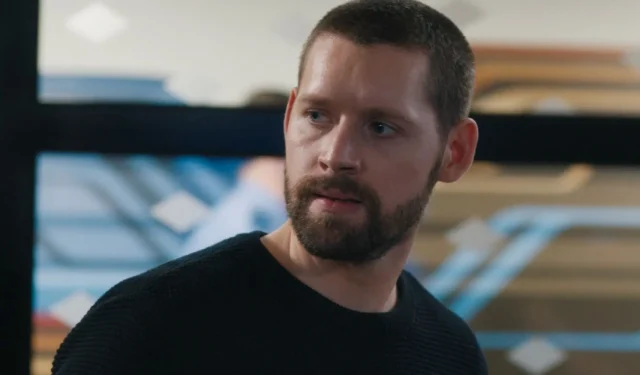
Fans of FBI: International are feeling the absence of Scott Forrester, portrayed by Luke Kleintank, who served as the Fly Team’s captain throughout the first three seasons. Forrester’s exit in season 4, due to Kleintank’s decision not to renew his contract, left a significant gap in the show’s dynamic. His absence was particularly evident as the character was last noted to be missing in action while helping his mother evade capture.
The void left by Forrester was filled by former Chicago PD star Jesse Lee Soffer, who steps into the role of Wes Mitchell, the new Fly Team leader. Mitchell’s arrival in Budapest coincided with his quest for justice following the death of his partner in Los Angeles. He harbors a past connection with Vo (Vinessa Vidotto), having trained her during her FBI initiation, which prompts her to encourage his application for the team leader position. However, Mitchell’s impulsive nature stands in stark contrast to Forrester’s measured approach and has led to critical issues, including a cliffhanger involving Vo getting shot in season 4, episode 8.
8 The Fly Team Requires a Steady Leader
Mitchell Displays a Short Fuse
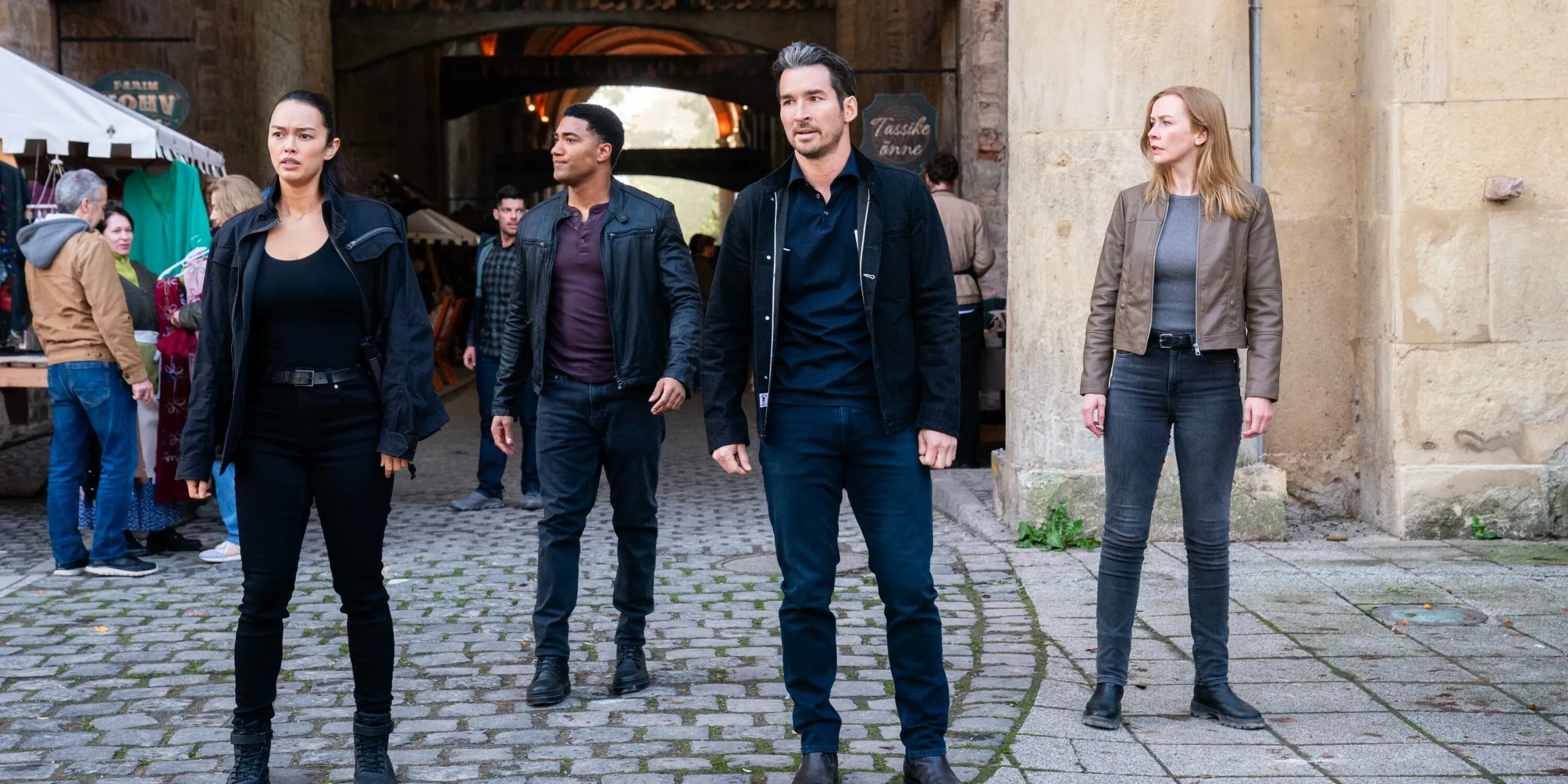
With the nature of their work, the Fly Team necessitates a leader skilled in navigating tense situations. As they operate within Budapest and other foreign locales, the team often faces resistance from local authorities, who may view them as intruders and hesitate to collaborate. Forrester, with his diplomatic prowess, skillfully negotiated these challenges, prioritizing teamwork over conflict.
In stark contrast, Mitchell’s rash behavior frequently provokes confrontations with local leaders, hampering cooperation and jeopardizing long-term relationships. This volatility not only puts team members at risk but also undermines crucial alliances, as evidenced by Vo’s shooting, which may have stemmed from Mitchell’s confrontational tactics.
7 Forrester Would Effectively Unite the Team Post-Vos Shooting
Forrester’s Empathy Strengthened Team Morale
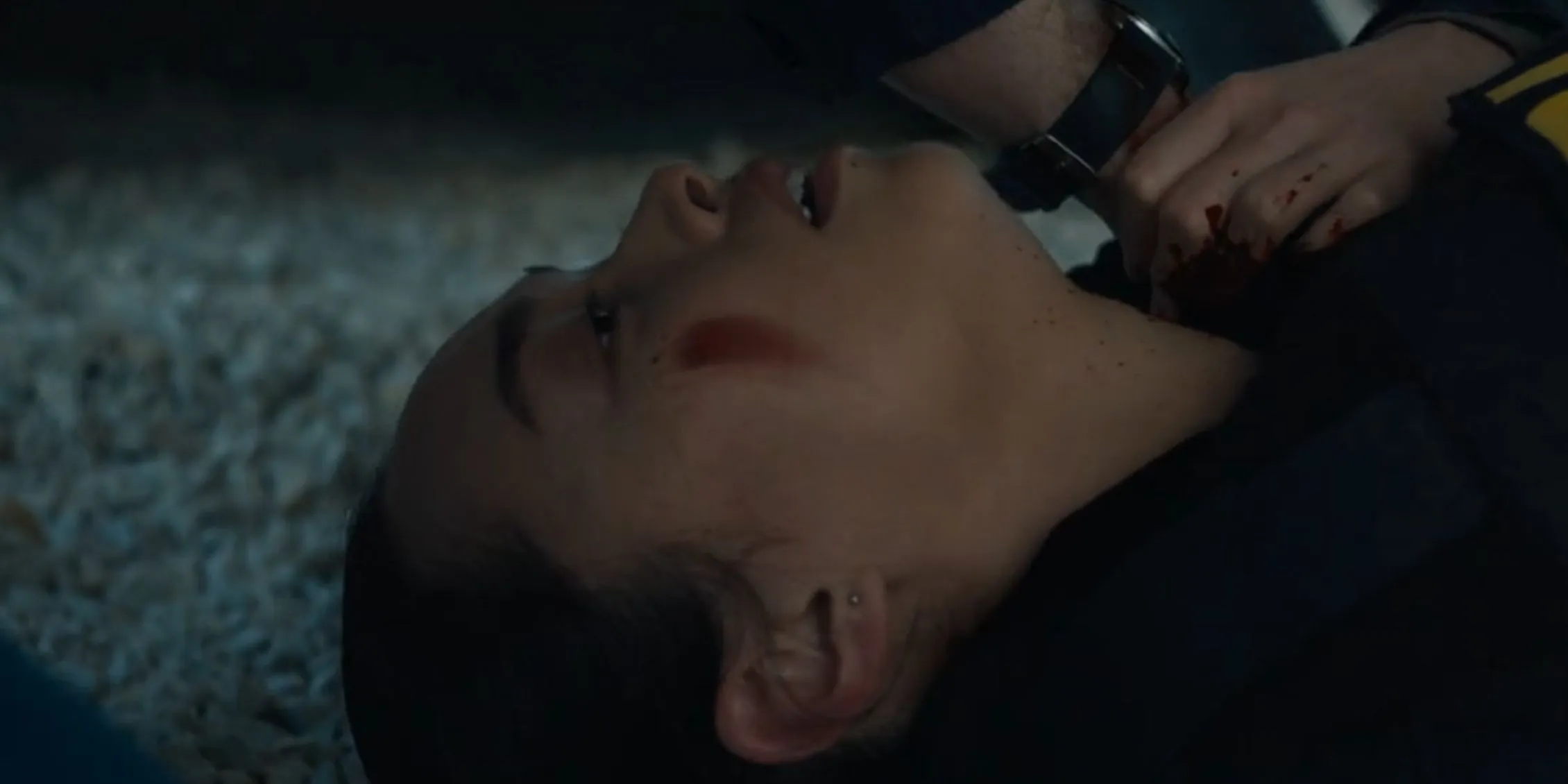
In light of Vo’s tragic injury, the Fly Team requires a leader who can offer emotional support and guidance. While Mitchell does make an appearance at the hospital, his focus seems misplaced as he conspires with Booth (Jay Hayden) rather than providing solace to his team in their time of need. Forrester, on the other hand, would have been there for his teammates, ensuring their emotional stability while maintaining focus on their mission.
6 The Team Functioned as a Family Under Forrester
Mitchell’s Lack of Familiarity Impairs Team Cohesion
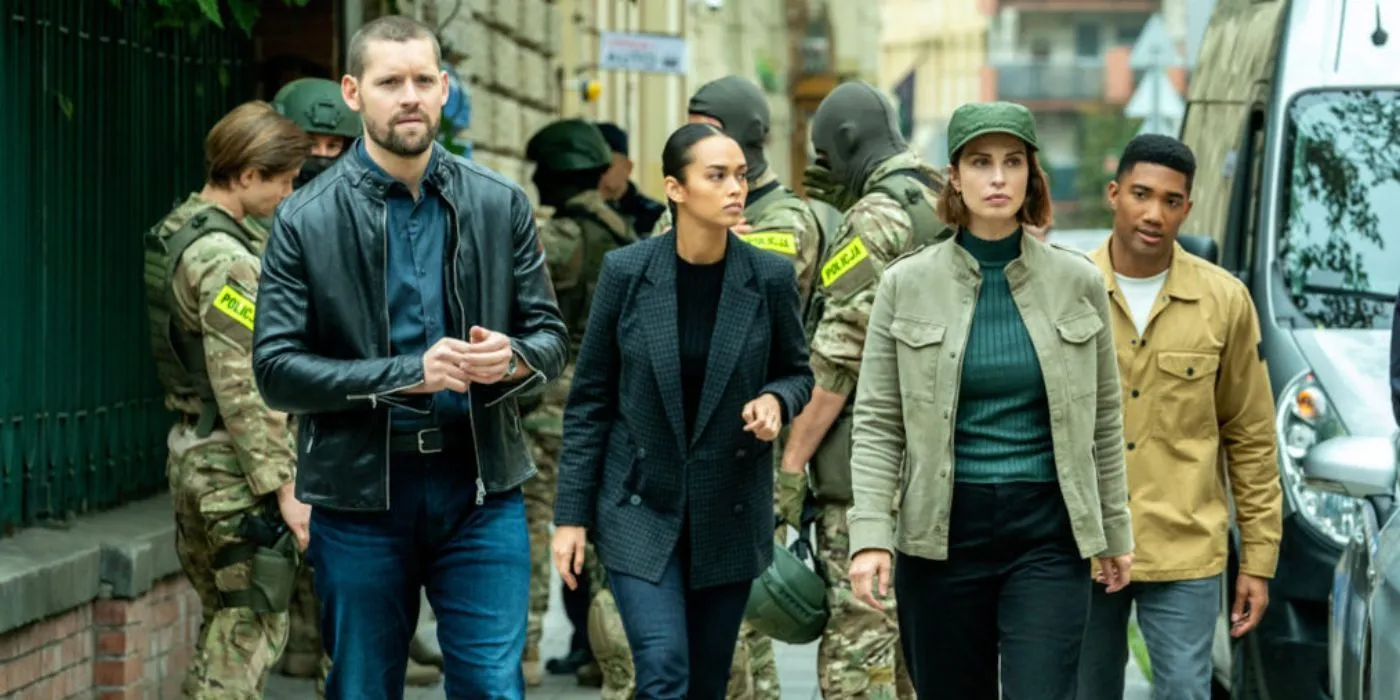
The closeness of the Fly Team under Forrester created a bond that made his abrupt departure even more impactful. Initially, the team’s concern for their absent leader distracted them from their responsibilities. Team members found comfort in confiding their personal issues with Forrester, making his absence feel even more profound.
Despite being accepted without much pushback, Mitchell remains a newcomer struggling to foster the same level of intimacy. As he is still acclimating to the dynamics of the Fly Team and often works independently on decisions, this has stifled the unity Forrester once nurtured.
5 Tank Would Celebrate Forrester’s Return
Tank’s Bond with Forrester Was Unique

Tank, the seasoned police dog as integral to the Fly Team’s operations, shared a profound bond with Forrester. The agent not only adopted Tank but also ensured he received the attention and care necessary during challenging times. With Forrester’s departure, Tank’s limited appearances feel like a shadow of the camaraderie once shared.
4 Vo Likely Would Have Been Safer Under Forrester’s Leadership
Forrester’s Approach Would Have Mitigated Risks
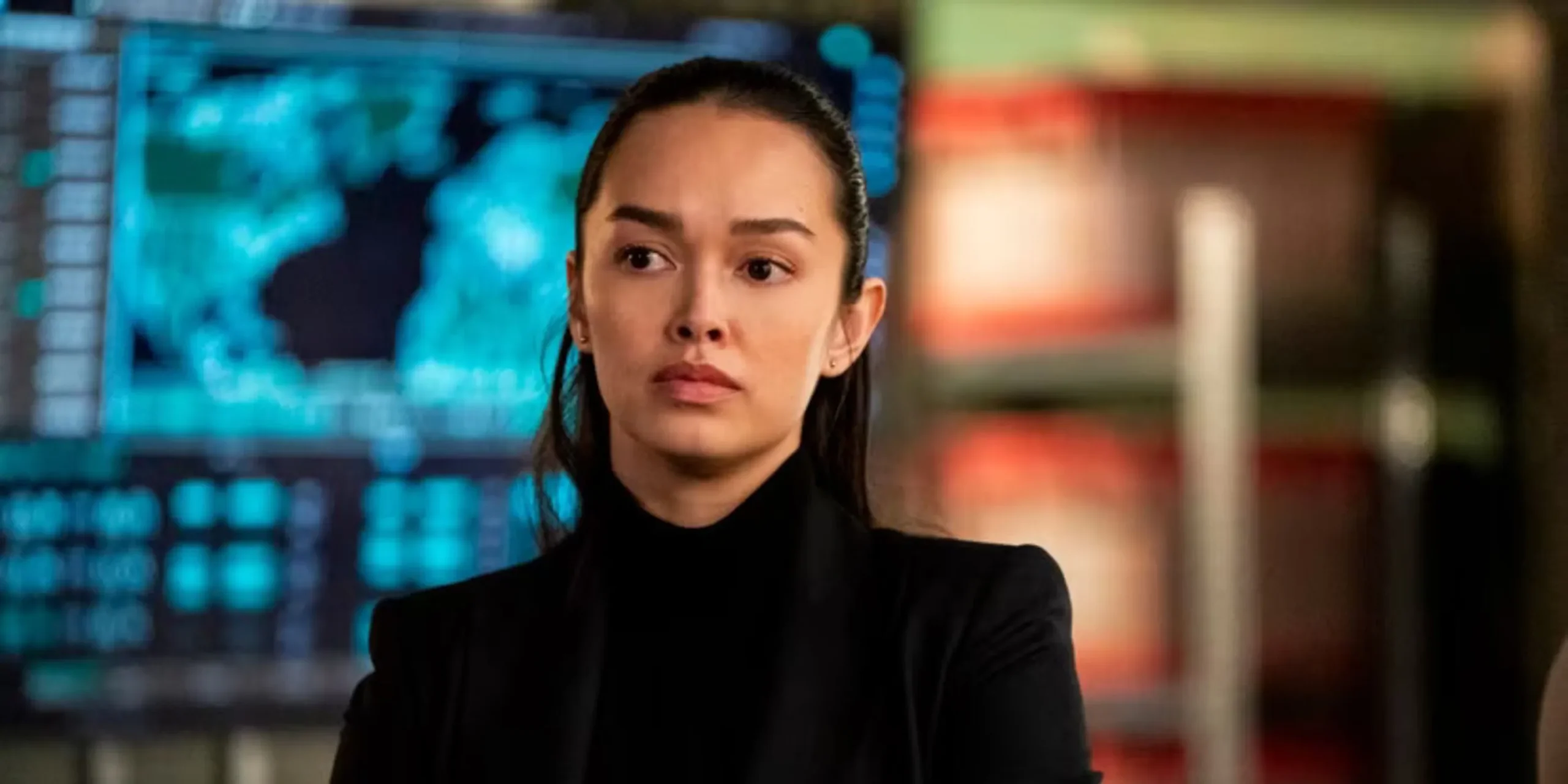
Throughout the escalations of Csonka’s case, Mitchell’s handling was fraught with misjudgment. Vo’s warnings went unheeded, and critical advice regarding Hungary’s legal environment fell on deaf ears. If Forrester had overseen the situation, he would have strategized more effectively, potentially averting Vo’s risky encounters with Csonka.
3 Forrester Mastered Relations with Local Law Enforcement
Building Bridges Was Forrester’s Strong Suit
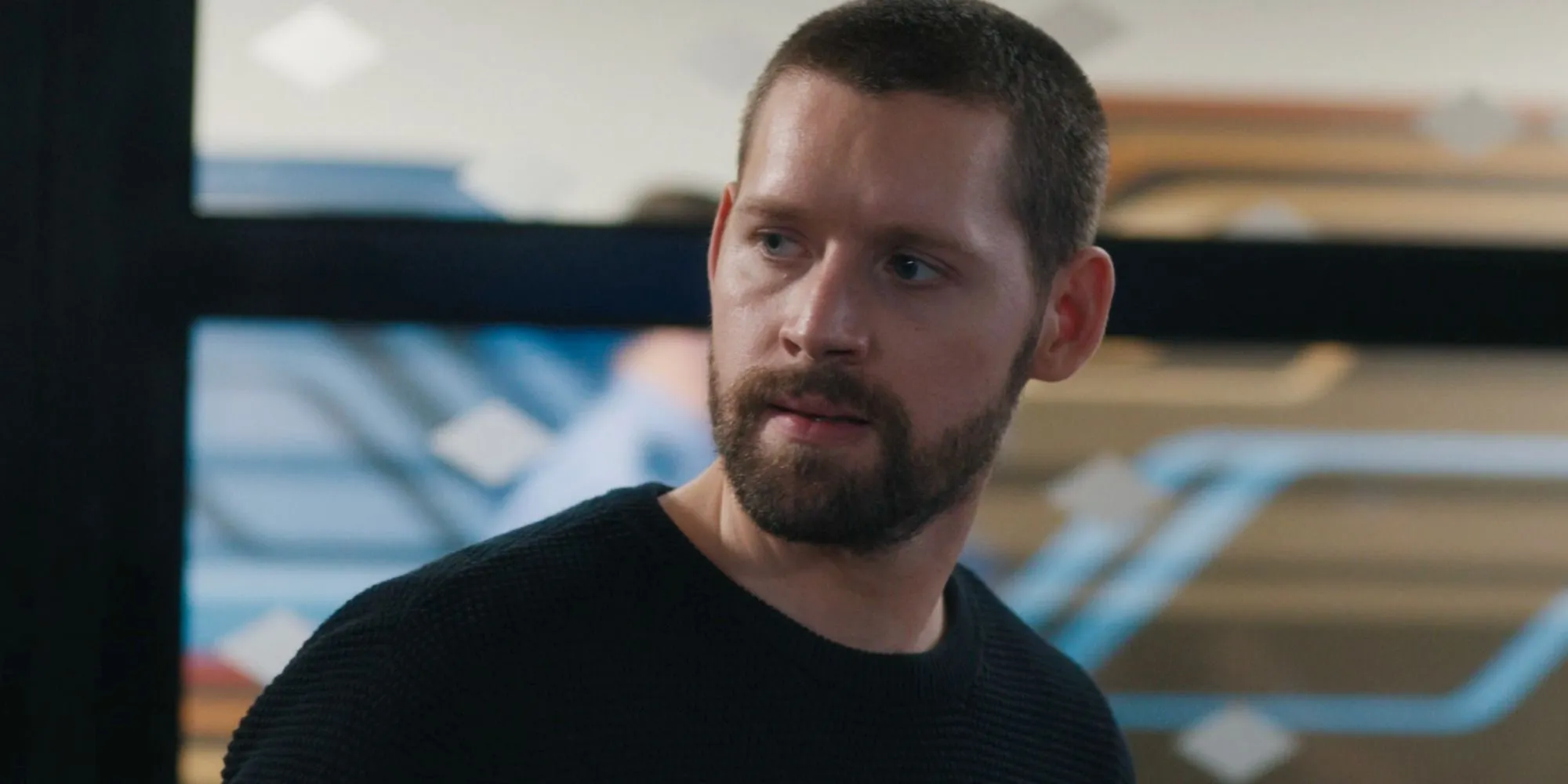
Forrester’s ability to navigate resistance from local authorities was unmatched; he prioritized cultivating trusting relationships, crucial for solving complex cases. In contrast, Mitchell’s aggressive demeanor alienates potential allies, complicating the Fly Team’s efforts and diminishing their effectiveness in international operations.
2 Forrester Exemplified Trustworthiness
Team Concerns Regarding Mitchell’s Judgement Loom Large
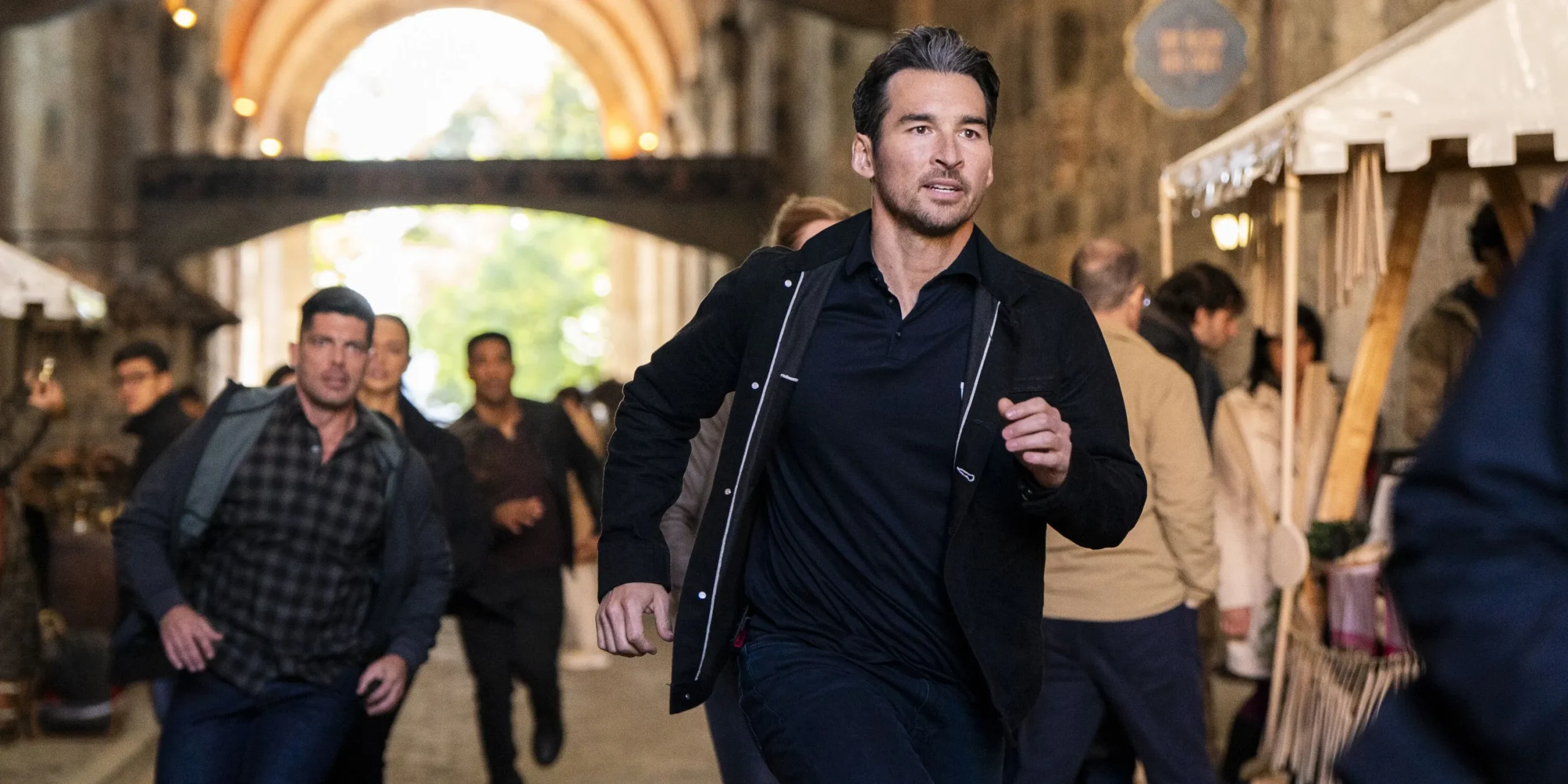
Forrester’s principles founded a culture of trust, making his uncharacteristic absence even more alarming for the team. Unlike Mitchell, whose associations with Booth raise eyebrows and sow doubt, Forrester embodied integrity. Concerns about Mitchell’s methods and his inclination towards rogue actions only serve to build mistrust within his ranks.
1 Forrester Had In-Depth Knowledge of Each Team Member
Forrester’s Familiarity Translated to Efficiency
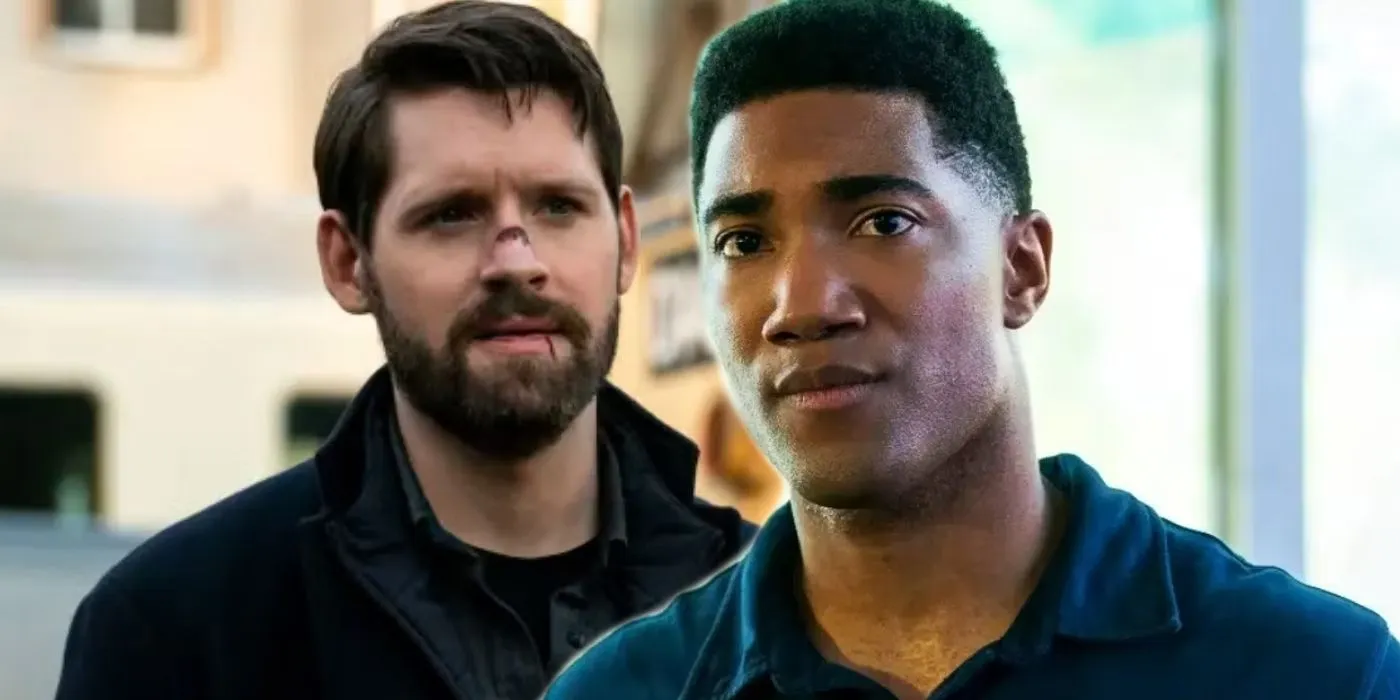
Mitchell’s relative inexperience leaves him at a disadvantage in team assignments, forcing him to rely heavily on Vo for guidance. Although he has made progress in acclimatizing to his leadership role, his nascent understanding of team dynamics prevents the Fly Team from reaching their full potential. Forrester’s deep insights into each member’s strengths allowed him to optimize their capabilities—a significant loss felt throughout season 4.




Leave a Reply